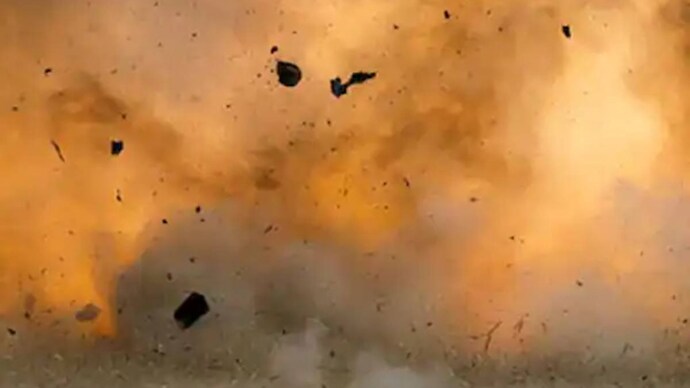Turkey Wildfires: Despair and Questions as Forests Burn
Tue 03 Aug 2021, 18:03:32
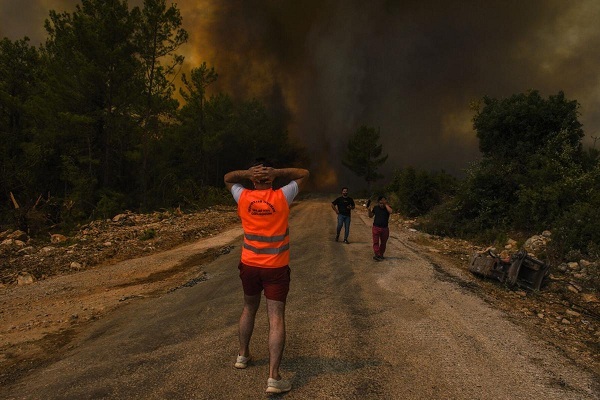
Manavgat, Turkey – Turkey’s southern coastline is burning. On the wooded hills of Antalya’s Manavgat district, plumes of thick smoke appear in the sky one after another as each time a forest fire is brought under control, another seems to ignite.
A blood-red sun shines through the sallow haze and as visibility clears, the charred, skeletal remains of what were forests and villages are revealed. This, many believe, is just the latest sign the world is entering an era of climate crisis, and Turkey is not prepared for it.
Over the past six days, 132 destructive blazes have raged through southern and other parts of Turkey, killing eight people and burning at least 118,789 hectares of land, according to the European Forest Fire Information System.
While controversy is rife, with many in Turkey believing the fires are the result of “sabotage” – a theory encouraged by many politicians – they coincide both with months of severe drought and extreme temperatures.
Antalya, a tourist hotspot that averages near the mid-30s Celsius (95 Fahrenheit) at this time of year, has seen highs of more than 40C this week. On July 20, Turkey recorded its hottest ever temperature at 49.1 (120.38 Fahrenheit) degrees in the southeast.
Many of the blazes tore through forests near beach destinations popular with local and European tourists, such as Bodrum and Marmaris, with people fleeing in cars, small boats and in some cases luxury yachts. Soaring temperatures have also seen wildfires break out across much of southern Europe, including Greece, Spain and Italy.
Manavgat is among the most fire-affected places in Turkey, and while seasonal
fires are normal and even healthy for the local ecosystem, environmental groups say they have never been seen on this scale. With the landscape parched and strong winds – in particular, one that blows from the northeast known as “poyraz” in Turkey – the authorities are struggling to move fast enough to control things.
fires are normal and even healthy for the local ecosystem, environmental groups say they have never been seen on this scale. With the landscape parched and strong winds – in particular, one that blows from the northeast known as “poyraz” in Turkey – the authorities are struggling to move fast enough to control things.
The small village of Sirtkoy, where the main income comes from growing aromatic bay leaves used in cooking, caught fire in the early hours of Sunday morning. Within an hour, the local school was gutted and many of the houses were reduced to rubble.
“All of this area was fine yesterday,” said resident Mustafa, who did not want to give his last name, pointing to a blackened, still-smouldering pile of stones that had been his friend’s house. “The fires came this morning at 5am and this burned down. At 6am, the fire was done, but at 9am the wind came back again and so did the fire.”
When Al Jazeera visited Sirtkoy on Sunday afternoon, planes, firefighters and forestry workers battled tirelessly to control flames that, like a trick candle, kept reigniting. With pungent smoke turning the whites of their eyes red, many of the men had little more to protect their lungs than disposable surgical masks.
Villagers doused exterior walls and possessions with bottles of water, trying desperately to keep the flames away, while some asked why the authorities were yet to take responsibility for a lack of preparation for a disaster that many could see coming.
“No one has taken responsibility for these fires and we have nothing after today,” said resident Hatice Cinar, the sound of burned trees collapsing ringing from the forest below.
No Comments For This Post, Be first to write a Comment.
Most viewed from International
Most viewed from World
AIMIM News
Latest Urdu News
Most Viewed
May 26, 2020
Do you think Canada-India relations will improve under New PM Mark Carney?
Latest Videos View All
Like Us
Home
About Us
Advertise With Us
All Polls
Epaper Archives
Privacy Policy
Contact Us
Download Etemaad App
© 2025 Etemaad Daily News, All Rights Reserved.

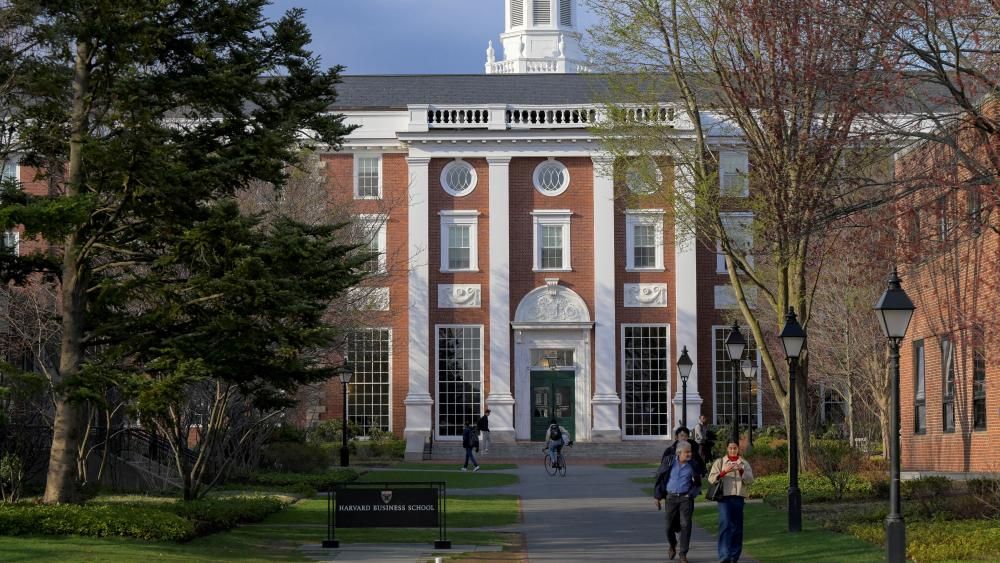
.jpg)
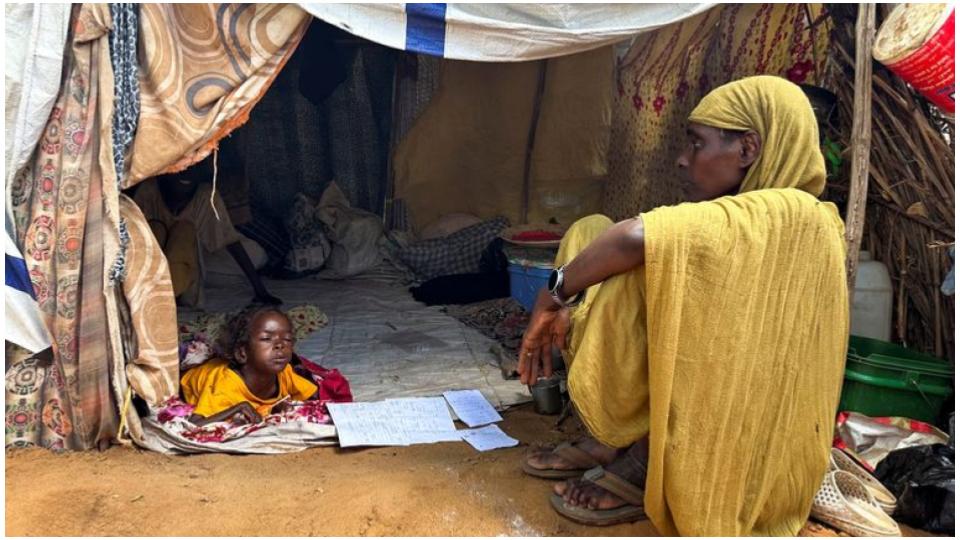




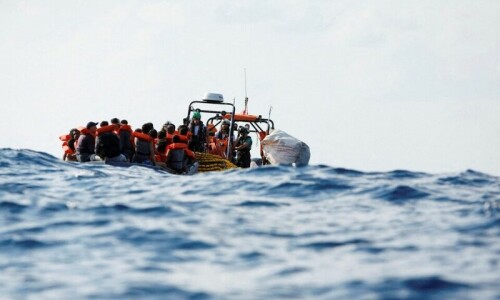

.jpg)
.jpg)
.jpg)




